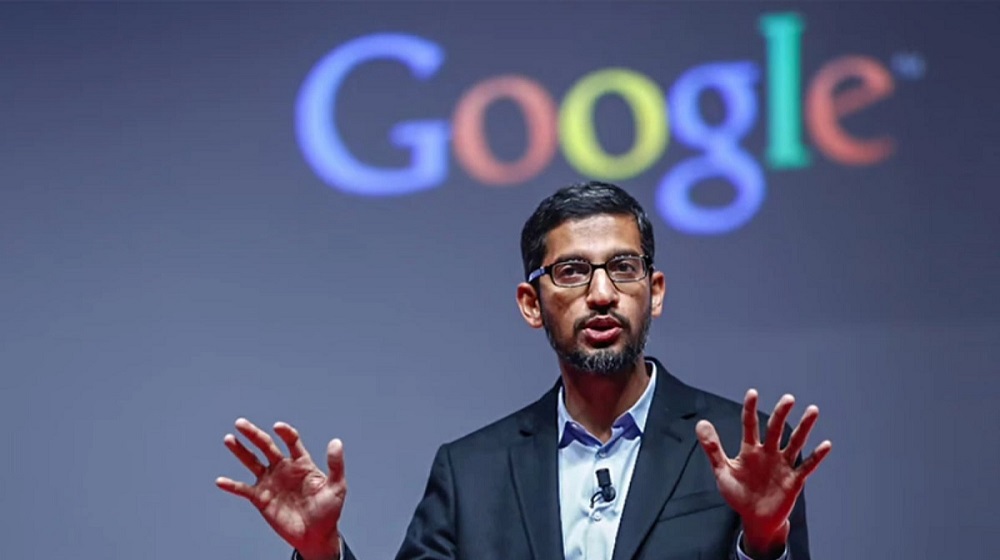Google plans to incorporate AI chat into its main search engine, company’s CEO Sundar Pichai revealed in a recent conversation with The Wall Street Journal. “Will people be able to ask questions to Google and engage with LLMs in the context of search? Absolutely,” said the Google and Alphabet CEO.
The comment comes just two weeks after Google’s (limited) launch of Bard, a large language model (LLM)-based AI chatbot by the company that apparently aims to compete with OpenAI’s ChatGPT. The users who have tried Bard have labeled it as a disappointment, with many indicating that it falls far behind ChatGPT in terms of performance.
Google was caught off guard after the launch of ChatGPT’s breakout success, causing the tech giant to ramp up its efforts to incorporate AI into its search tools. OpenAI’s chatbot, ChatGPT, has taken the tech industry by storm, stunning Google and others, as it reached a staggering 100 million users in just two months since its launch.
Many experts speculate that ChatGPT’s human-like conversational interface could lead users to bypass Google’s traditional search engine, resulting in a potential loss of market share for the tech giant.
Many users are expressing their preference for ChatGPT over Google for a significant number of their searches on social media. Google’s CEO, however, has downplayed the threat that ChatGPT and similar tools pose to its core business. He believes that “if anything, the opportunity space is even larger than before.”
Bing, the world’s second-largest search engine (third if we count YouTube), unveiled an upgraded version of its search engine, powered by GPT-4, in February of this year. Microsoft added a million users to the new Bing just weeks after its launch, taking the total number of daily active users for the search engine to over 100 million, and is now exploring ideas on how to serve ads in the AI chat.
Despite being the second-largest search engine, Bing lags far behind Google in terms of market share, currently holding just 2.83 percent of the market compared to Google’s 93.37 percent. It is going to be difficult for Bing to close the gap with Google’s market share anytime soon but the enhanced version powered by GPT-4 and Microsoft’s partnership with OpenAI may enable the search engine to reduce the gap.
While Bard’s underwhelming performance may provide an opportunity for Microsoft and OpenAI to gain a stronger foothold in the search engine market, Google’s CEO doesn’t seem overly concerned, at least for the time being.
It will be interesting to see how adding chat AI to the main search engine will help Google maintain its position at the top of the search engine market.






